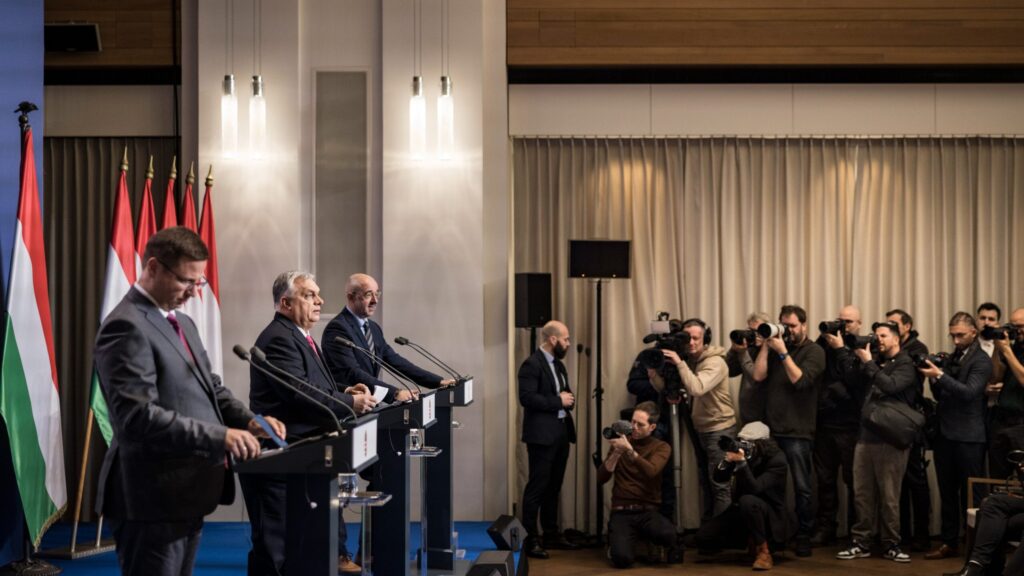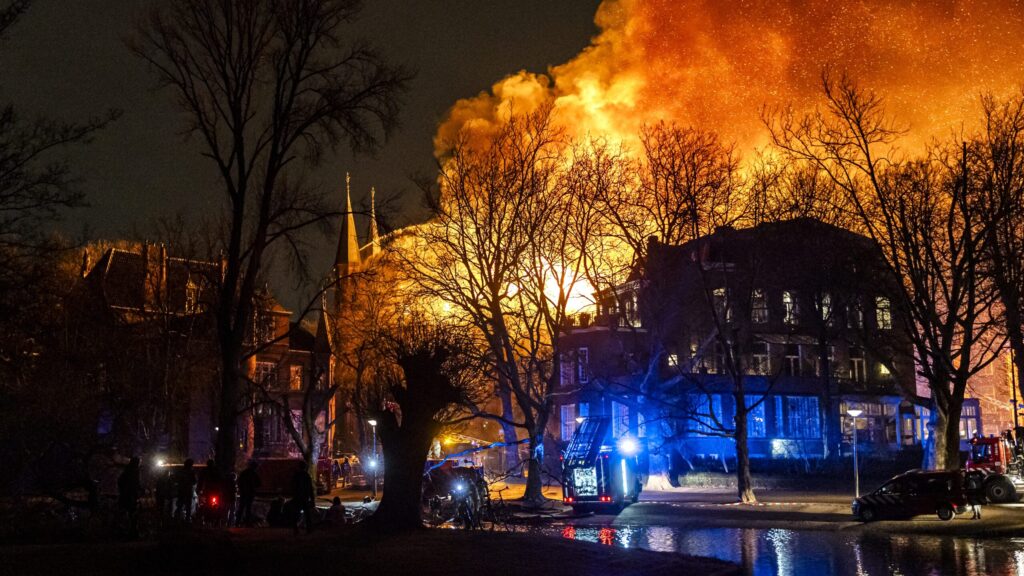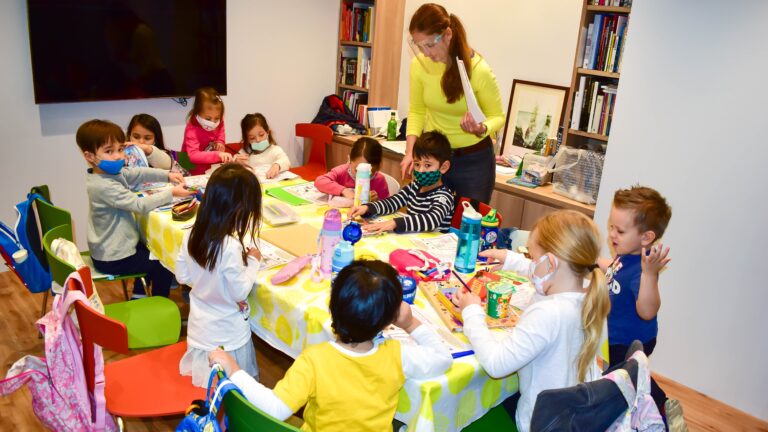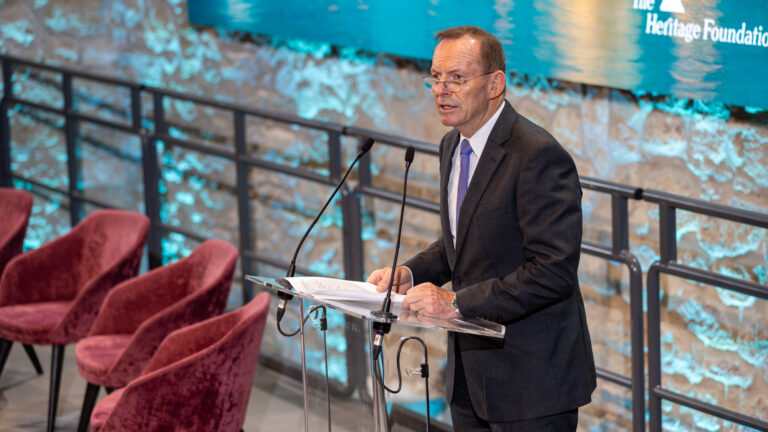Xavier Raufer is one of France’s most prominent criminologists, known for his decades-long research on organized crime, drug trafficking, and urban insecurity. He spoke with Hungarian Conservative at the MCC Budapest Summit on the Global Drug Epidemic, offering a stark analysis of how political denial and decades of neglect fuelled today’s security crisis in France.
***
France is preparing for local elections in 2026, where security concerns—especially those related to illicit drug trafficking—will be in focus in areas such as Marseille. The problem has become so irrefutable that even POLITICO Brussels is reporting on it. What is your take?
What we are seeing now is less about present-day realities than the reaction of governments—past and present—who ignored the problem for decades and are now panicking. When they panic, politicians imagine the threat is somehow aimed at them or at the elections. This is wrong.
The situation in Marseille has been known for 30 years. In the northern districts—the epicentre of drug trafficking—gangs are mostly composed of immigrants from North Africa and, increasingly, from sub-Saharan Africa. Many settled in the area and were left entirely to themselves for decades. There was no control. In those neighbourhoods, a young man could have seen more UFOs than police cars. Without guidance or prospects, many drifted into illicit activity. And in the illicit market, the most profitable line is drugs—especially cocaine. Cannabis offers limited margins; producing it is simple. Cocaine, on the other hand, yields 350–400 per cent profit, compared to over 100 per cent for cannabis and 32 per cent for legitimate French businesses. So traffickers naturally shift to cocaine.
‘Politicians ignored the issue for 20 years; now they suddenly announce panic’
Large Latin American cartels search for the most profitable global markets. A gram of cocaine sells for 30–40 dollars in the US, more than 200 in Australia, around 250 in Dubai. This explains the creation of new routes into France over the past two or three decades. Much of the trafficking remains unseen because criminals wish to avoid police and rival gangs. The only thing that becomes visible is violence—shootings, reprisals. You cannot take your competitor to court; the only ‘regulation’ is intimidation or killing. And stray bullets kill innocent people: a 24-year-old law student in Marseille died this way two years ago.
Public fear is justified. In the northern districts of Marseille in 2023 alone there were 49 murders. The EU average is two homicides per 100,000 inhabitants; France overall is 1.3, Germany 0.9. But northern Marseille reaches 19—comparable to Latin America. Politicians ignored the issue for 20 years; now they suddenly announce panic. But drug traffickers do not want political power—only to be left alone. They might corrupt a local official or two, but they are not a threat to the French political system itself.
You say these gangs are linked to migration. Is there empirical evidence that crime increased after major immigration waves, such as in 2015?
Clearly. But first, we must distinguish three types of crime. White-collar crime—financial fraud, embezzlement—is almost entirely committed by native French people. Environmental crime, such as factories dumping pollutants or the Italian mafia mismanaging waste, can be extremely serious. Then there is street crime: muggings, robberies, burglaries, drug dealing. In France, especially in the south, 85–90 per cent of this is committed by migrants. They come to France freely because migration is not controlled. Many cannot find jobs; some succeed, many turn to crime. This has nothing to do with race—anyone placed in the same circumstances would react similarly.
History proves it. In the 19th century, huge numbers of Irish people fled famine and arrived in the United States. They were white, blond, blue-eyed—yet crime exploded. Police vans are still called ‘Paddy Wagons’ because so many arrested people were Irish. The problem is migration and social conditions, not ethnicity.
There is also a cultural aspect. In African village societies, social control is strong: the entire community raises the children. But in giant apartment blocks in French suburbs, nobody knows anyone. Social control collapses. Add language barriers and unfamiliar rules, and life becomes extremely difficult for new arrivals.
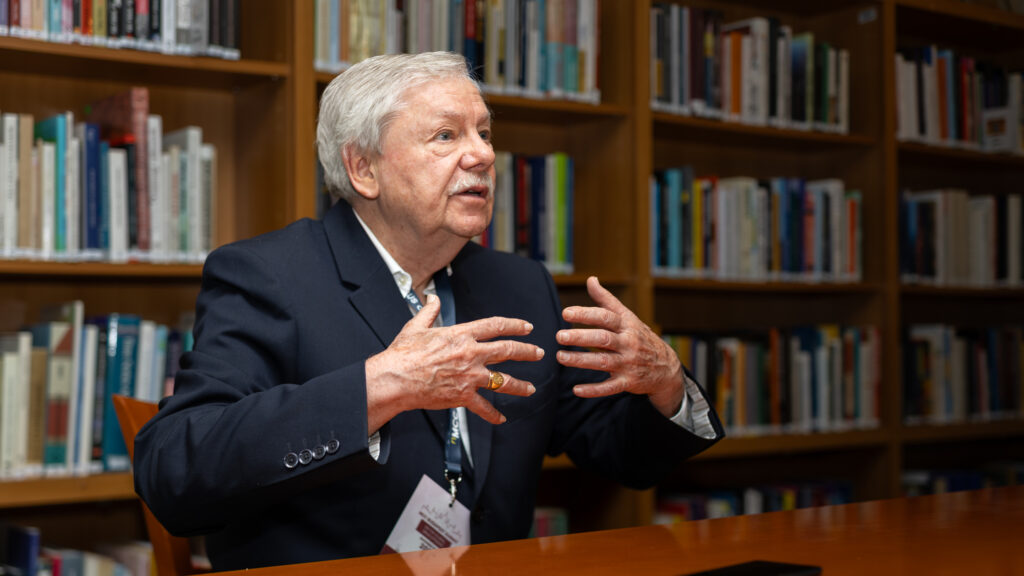
We also see that illicit drugs and migration divide Europe. They are major issues in Western Europe but not yet on the same scale in Eastern Europe…
Yes—and the key factor is integration. If migrants integrate, behave like French citizens, and adopt local norms, there is no problem. In my neighbourhood in Paris, you have long-standing migration from Kabylia in Algeria. Many arrived in the 1930s and 1940s and integrated entirely. Today, several of the best bakeries in the area are run by people from northern Africa.
The difficulty arises in zones with no social control and no incentives to integrate. There, people tend instead to fall back into radicalism or delinquency. And there is a limit to how many people any society can integrate. As the saying goes: a little salt improves the soup; too much ruins it.
What should France, or more widely, Western Europe do to tackle this problem?
First, establish a real diagnosis. Plato said the beginning is half the whole. Starting in the right direction is already 50 per cent of the solution. In France, politicians deny the truth—for ideological reasons, to look humanitarian, to please left-leaning media. But denial prevents action. Recently we built a high-security prison for the biggest drug-trafficking bosses so they cannot use smuggled phones to communicate. All one hundred of the prisoners—the most important traffickers in France—are non-French. That alone proves the link between this type of crime and immigration. Yet the interior minister still claims there is ‘no link’.
Second, crime statistics must be honest. You cannot falsify murders. But because emergency medicine has improved dramatically, many people who would have died 40 years ago now survive. In 1980, a gunshot victim had a 70 per cent chance of dying before reaching hospital; today it is 30 per cent. So statistics must count the dead and the seriously wounded together. Between 2000 and 2025, the number of people killed or seriously wounded in gang-related violence in France rose by more than 59 per cent—the worst increase since French criminal statistics began in the early 19th century.
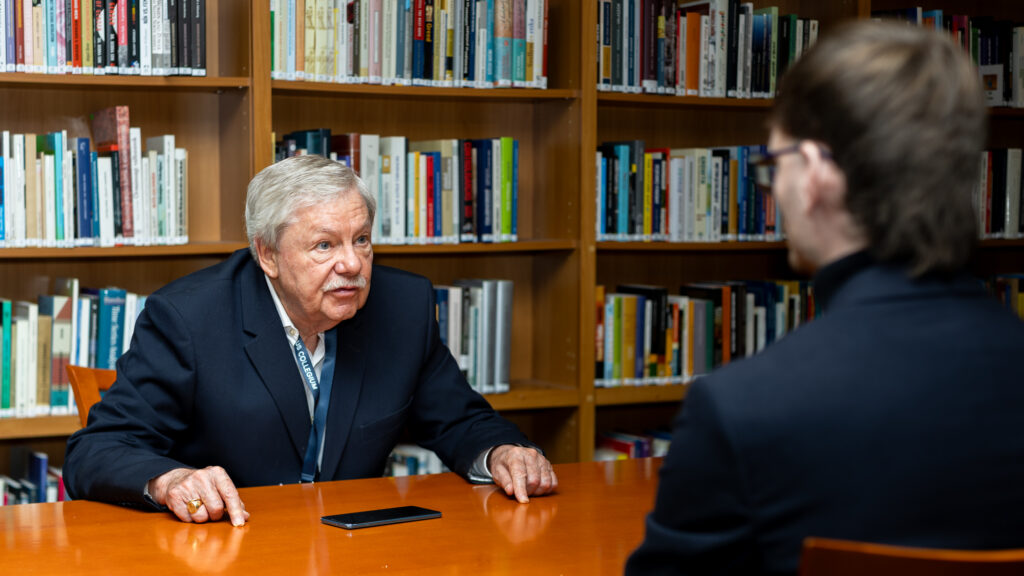
We need a full picture. Then a prime minister or president must go on television and tell the truth: ‘Here is the real situation. Here are the options. We choose this one.’ And then follow that path for at least ten years. Serious crime problems cannot be solved in a few months. Think of a sick child: you diagnose the fever at 39 degrees, you give medicine, and a week later he is back at 37. Crime is no different. You diagnose it honestly, then apply the cure consistently. But this requires honest politicians willing to speak the truth and maintain the treatment until it works.
Is there any politician today who could do this?
For more than 20 years, every elected official in France has promised to solve crime, and once in office, they did nothing. So I prefer to wait until someone truly acts. Whoever comes into office, maybe Marine Le Pen, maybe someone else, must say on television: ‘I will not give interviews on crime for one year. After one year, you will see the results.’ No more communication theatrics. Work instead. Select competent civil servants. Tell them exactly what to do. Three months later, check: if they have not done it, replace them. Continue until it works. That is how you win wars.
Read more of our interviews:


